5 things to know when ordering wine, even if you’re a seasoned drinker
Can you return a wine? Should you decant it? We ask Singapore’s top sommeliers what’s acceptable etiquette.
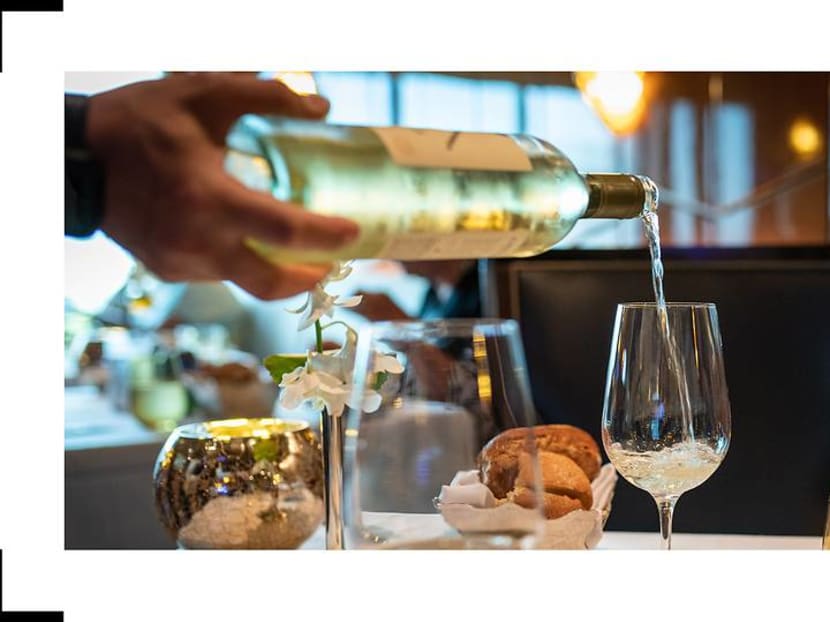
(Photo: Pexels)
Picking a wine at a restaurant can be a rather intimidating experience, even for seasoned drinkers. Can you return a wine? Should you decant it? What are the rules? We talk to the city’s top sommeliers to find out what’s acceptable etiquette within their playbook.
A WINE CAN BE RETURNED – WITH GOOD REASON

Wines are unpredictable. You browse the wine list and spot that First Growth Bordeaux that so impressed you at your boss’s New Year’s party. You order a bottle. The sommelier opens it and pours you a glass to try. It tastes very different from what you remembered of the wine. Can you return the bottle?
According to Zachary Tay, head sommelier of The Capitol Kempinski Hotel Singapore, you can return the bottle – or ask for a change – if the wine has a fault (meaning it is spoiled). For most wine bars and restaurants, this is the standard policy.
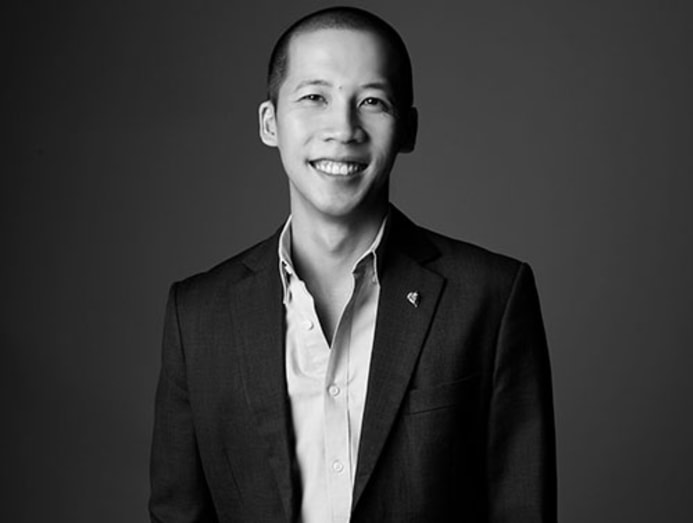
READ> Foodie Capitol: 6 dining venues to check out at The Capitol Kempinski
For beginners, identifying a wine fault is a tricky task, and even wine buffs can struggle to pinpoint an exact flaw. But there are three common faults that afflict wines: The wine can be oxidised (exposed to too much oxygen, resulting in brown hues and a lack of aroma); it can contain TCA, an acronym of the chemical 2,4,6-tricholoranisole, which causes a musty, mouldy smell; or it can be affected by Brettanomyces (often shortened to Brett), a yeast strain that causes an unpleasant, medicinal odour.
In some instances, the sommelier would have identified the fault before you do. “Our sommelier team is trained to taste a small portion of the wine before serving it to the guest,” said Eric Li, head sommelier of Raffles Singapore. “If a wine fault is found, the sommelier immediately changes the bottle.”
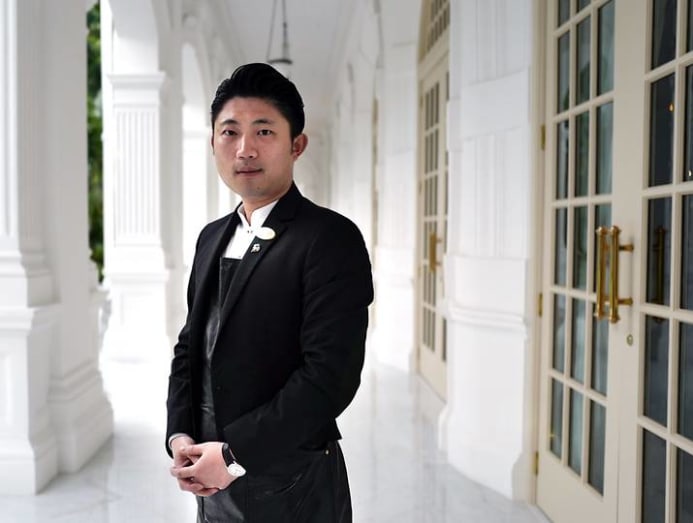
READ> Tuna marrow, 'potatoes & plankton': Dining at Raffles Hotel just got funkier
If the wine doesn’t have a fault, you can still return it – depending on the situation and the establishment’s rules. “If the wine was recommended by me and did not meet the guest’s expectations, I would accept the return if we are unable to show why the recommended wine was what the customer asked for,” said Tay. “If the wine was chosen by the guest, and we had advised him about the expected flavour profile of the wine [before he ordered], it is unlikely we would accept a return.
“That being said, I believe the chances of successfully returning a wine in such a situation depends on how the guest asks to return the said bottle, and the prior interactions between him and the service staff,” he added. Tip: Be nice to service staff, as you always should.
Vincent Tan, head sommelier of Odette, says that it is well within the right of a restaurant to refuse a return if the wine displays no obvious flaws. “But at the end of the day, we are in the hospitality business, with the belief that customer satisfaction should always be the priority,” he said. “I’d accept the return and speak to the guest to understand the exact reasons and what they might be looking for instead. From there, we’d be happy to recommend a wine more suited to his or her profile.”

READ> What it takes to be Asia’s Best Restaurant: Inside the workings of Odette
DECANTING IS NOT JUST FOR YOUNG WINES
Decanting – pouring a wine into a decanter or vessel – helps aerate the wine, which is beneficial for a young vino as it helps soften the tannins and allow the wine to open or breathe.
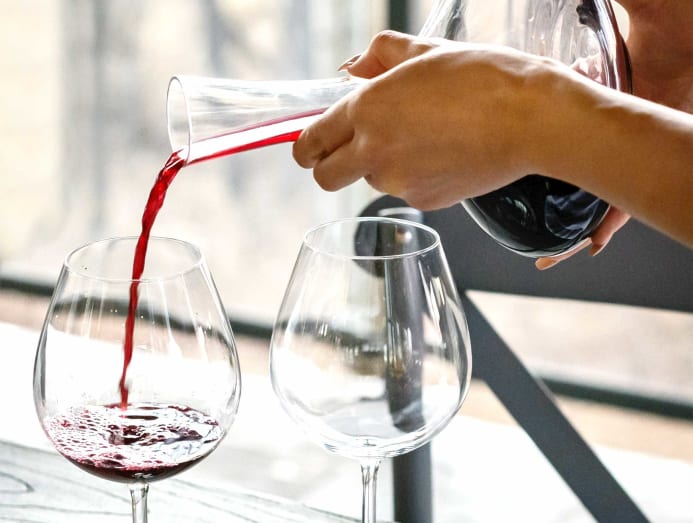
Old wines that have a lot of sediments, and wines that are disjointed or with aromas that don’t match the taste profile stand to gain from decanting too, noted Tay. But decanting is not obligatory. “The guest has the final say in whether to decant a bottle of wine,” he added.
“The sommelier should convey the reasons [behind the decanting] of the wine, and use decanting as a skill to help enhance the enjoyment of the wine,” opined Gerald Lu, head sommelier of Praelum Wine Bistro. “But ultimately, the decision lies with the guest – there are many people who don’t like their wines decanted.”

ORDERED A WINE BY THE GLASS AND DON’T SEE THE BOTTLE? ASK FOR IT
Thanks to the wine culture boom, wines-by-the-glass selections have become wider and more diverse in wine bars and restaurants. Even if you aren’t ordering a bottle, there is nothing wrong with asking the sommelier to present the bottle before he pours your ambrosia.
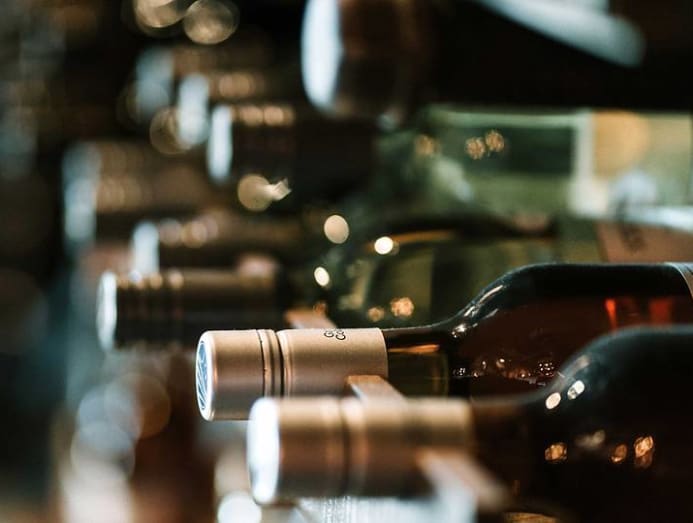
“Increasingly, there are establishments that practise sending glasses from the bar – the motivation behind this may be the accurate measurement of the pour; one can judge better at the counter rather than free-pouring at the table,” said Tan. “But I believe [presenting the bottle] should be the norm as it is an opportunity to engage the guests with tangible evidence of the winemaker’s efforts, have a conversation about the wine, and ensure they are happy with the selection.”
“People feel more comfortable when they get to see how something is served in front of them,” said Lu. “At Praelum Wine Bistro, we also let the customer taste [the wine by the glass order] before we pour the wine.”
READ> Here are 5 quality wines by the glass to try
WINE PAIRINGS ARE NOT GUARANTEED MAGIC
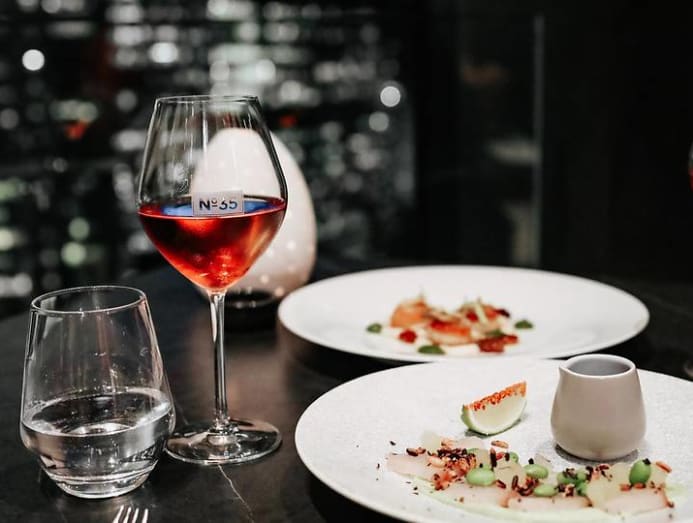
It is the sommelier’s job to recommend a wine to complement your food. But don’t expect stardust.
“Some customers think that when we do a wine pairing, something magical must happen in their mouths,” said Lu. “That is a misconception. The wine is really something to elevate your dish, to let your food shine. Sometimes we have to manage expectations: If someone comes to a seafood restaurant and wants us to pair the delicate food with a young, full-bodied Cabernet Sauvignon, that can be very challenging.”
SOMMELIERS ARE NOT OUT TO BREAK YOUR BANK
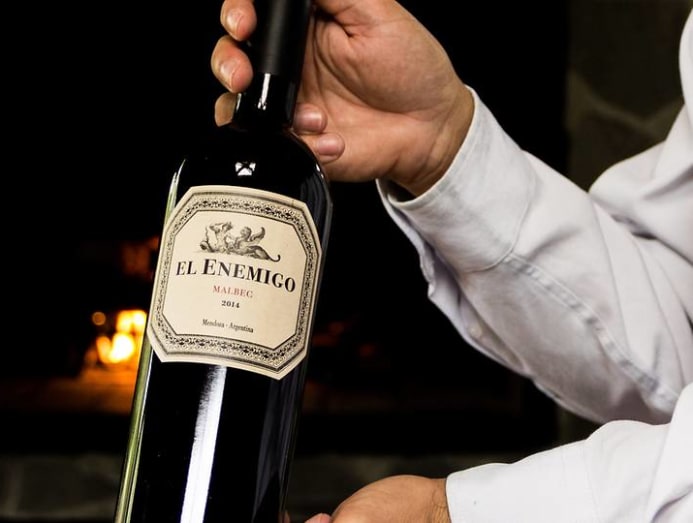
Yeo Xi Yang, group co-head sommelier of Park90, says the biggest misconception from guests is that “sommeliers are looking to squeeze the most dollars out of the paying customer”.
“Based on my observation, customers are generally more cautious towards service staff, but are more likely to give chefs and bartenders the liberty to express their craft,” said Yeo.

Tan remarks that people think sommeliers are “intimidating to talk to”, and many guests are reluctant “to seek the help of a sommelier and often rely on other members of the service team to take wine orders”.
“This isn’t wrong but one would miss out on a wider range of wine information. I think [this fear] stems from a history of sommeliers who have regarded revenue as a main priority instead of guest satisfaction; generations of people trying to sell the highest priced bottle instead of listening to what guests want and offering something that may or may not be of lower value.”





